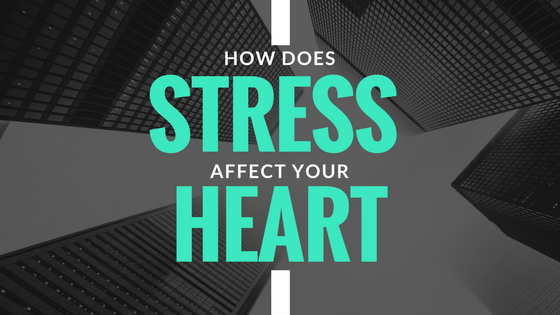In this video, industry-leading cardiologist, Dr. Aarush Manchanda, explains what effect stress can have on the heart, and how people can take more of an active role in looking after their heart health.
Dr. Manchanda starts by explaining how stress can affect the body at different levels. For example, sudden stress and adrenaline can actually damage the walls of the heart, causing broken heart syndrome – or takotsubo cardiomyopathy (TCM) – where the heart is suddenly weakened or “stunned.” But it’s chronic stress that’s an underlying issue for many of us, especially as our lives are becoming increasingly busy.
Chronic Stress and Its Effect on Your Heart
If you’re suffering from chronic stress – if, for instance, you’re stressed all the time – it can lead to high blood pressure. And what does that do? It causes a stroke or heart attack.
To explain this, Dr. Manchanda uses his heart house analogy, which is detailed in his book, Your Heart House: An Artisan’s Approach to Heart Health. He describes how the heart, like our house, has plumbing, and if you can imagine this, it will help you to understand the effect stress can have on your health.
For example, if you had an instruction manual that said a pressure pipe could withstand up to 10 psi, but you ran 20 psi through it, it’s not hard to figure out what’s going to happen – it’s going to explode. And that’s what happens when strokes occur – people get really high blood pressure, the artery explodes, and they suffer from a hemorrhagic stroke.
Or, on a slower basis, if the pressure’s not enough to cause an eruption, it’ll corrode the “plumbing” faster instead. Therefore, people with this will get atherosclerosis (a disease where plaque starts to build up in your arteries), which will lead to blockages in the brain or heart, resulting in a stroke or heart attack.
That’s how stress, on a chronic basis, can lead to a chronic problem like a stroke or heart attack.
Understanding Your Heart Health
To conclude, Dr. Manchanda discusses how, in the medical world, there’s a constant overload of information. This results in people asking lots of questions because, ultimately, they don’t understand what they’re being told. However, by developing an awareness of the risk factors involved (explaining it like Dr. Manchanda has above), people will be better equipped to understand how their heart works.
Then, when they’re watching commercials or reading an ad about heart health, they’ll be doing so on a more conscious level. Now, it all makes sense, which enables patients to make better decisions about their lifestyle, and their treatments (if they need them).
Dr. Manchanda is tirelessly committed to this approach to medicine because he believes doctors and patients should enjoy shared decision making. And he hopes, that by raising awareness of how our hearts work, he’ll empower us to make better lifestyle choices.


Leave a comment